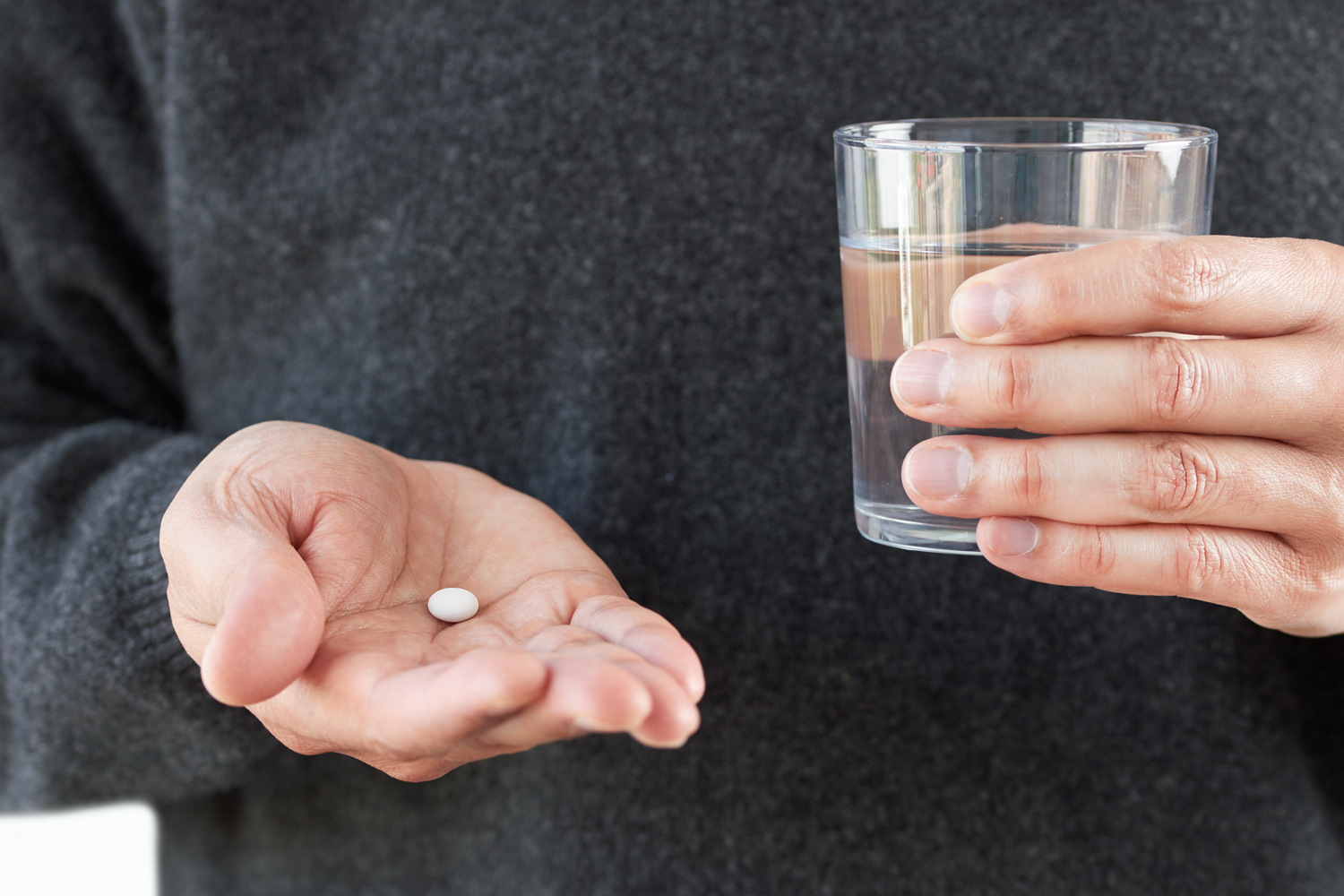Every week, the editors of Cancer Today magazine bring you the top news for cancer patients from around the internet. Stay up to date with the latest in cancer research and care by subscribing to our e-newsletter.
Baby Aspirin Can Reduce Cancer Risk in People With Lynch Syndrome
Low-dose aspirin can help people with Lynch syndrome lower their cancer risk, according to research presented this week at the Cancer Prevention Research Conference 2025 in London. Lynch syndrome is an inherited disorder related to certain genetic mutations that increase a person’s risk for several types of cancer, such as colorectal, endometrial and ovarian cancers. Many people with Lynch syndrome develop cancer before age 50, so research has focused on preventing disease in people with this genetic condition. A prior study found a daily 600-milligram dose of aspirin offers a protective effect against colorectal cancer in people with Lynch syndrome, the BBC reported. Aspirin can increase a person’s bleeding risk and cause other side effects, however, so researchers investigated if this population could take a lower dose while still having a reduced cancer risk. In the clinical trial, 1,879 people with Lynch syndrome were randomly assigned to receive one of three daily aspirin doses: 100, 300 or 600 milligrams. (A low-dose or baby aspirin in the U.S. is 81 milligrams.) Researchers found similar rates of cancer among all three groups, indicating the smallest dose is all that is needed to protect against cancer. “So what we can now say with statistical confidence is that the people taking a baby aspirin are as protected as the people taking two aspirins—but also much less likely to have side effects,” John Burn, the study’s lead author and a clinical geneticist at Newcastle University in Newcastle upon Tyne, U.K., told the BBC.
Do Breast Cancer Survivors Have a Lower Risk for Alzheimer’s?
Breast cancer survivors have a slightly lower risk of developing Alzheimer’s disease than the general population, according to a study published in JAMA Network Open. Researchers followed health outcomes for 70,701 breast cancer survivors and 180,360 people without cancer in South Korea. After a median of 7.3 years, 1,229 people with cancer were diagnosed with Alzheimer’s disease, compared with 3,430 people without cancer, MedPage Today reported. Researchers found breast cancer survivors had an 8% lower risk of Alzheimer’s than people without cancer, with the lowest risk among survivors 65 or older and those who had received radiation. However, the reduction diminished after five years of survival. Researchers noted further studies are needed to better understand Alzheimer’s risk in cancer survivors. “A substantial number of breast cancer survivors report cancer-related cognitive impairment, experiencing difficulties in concentration and memory during and after cancer treatment,” the study authors wrote. “However, evidence regarding the risk of Alzheimer’s dementia among breast cancer survivors remains mixed and inconclusive and may vary by age at diagnosis, treatment received and time since treatment.”
Incorrectly Labeled Cancer Drugs Shipped Worldwide
An investigation by the Bureau of Investigative Journalism (TBIJ) found chemotherapy drugs that failed quality tests were shipped to more than 100 countries, potentially putting patients at risk of receiving ineffective treatment or experiencing harmful side effects. In a study published in the Lancet Global Health, researchers analyzed samples of seven common generic chemotherapy drugs used in the African nations of Cameroon, Ethiopia, Kenya and Malawi. Of 189 samples, 20% did not contain the amount of the active ingredient listed on the label. While some drugs contained so little of the active ingredient that they would have no impact on a patient, others had too much of the active ingredient, which could cause organ dysfunction or death. “We were all taken aback when we saw the results,” Marya Lieberman, the study’s lead author and a chemistry researcher at the University of Notre Dame in Indiana, told TBIJ. The investigation found the improperly labeled drugs had been produced by 17 different manufacturers that have shipped drugs to more than 100 countries, including the U.S. and U.K., during the last six years. Some of the manufacturers have insisted their drugs are safe for patients. Generic drug manufacturers strive to keep costs down, which can lead to cutting corners on safety. While the World Health Organization sets drug quality standards, it’s up to each individual country to ensure the quality of drugs distributed to patients. “For me, it’s a question of fairness,” Lieberman said. “[Patients] have the right to be treated with a medicine that actually is what it says it is.”
Cancer Today magazine is free to cancer patients, survivors and caregivers who live in the U.S. Subscribe here to receive four issues per year.





